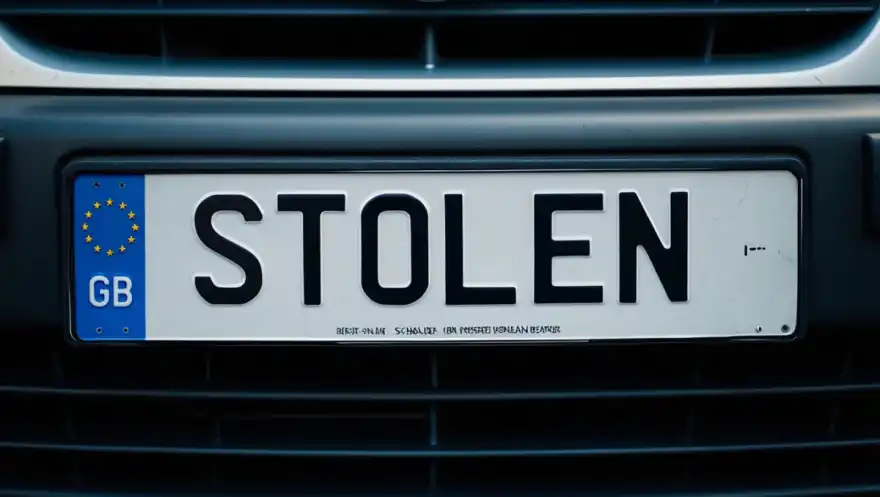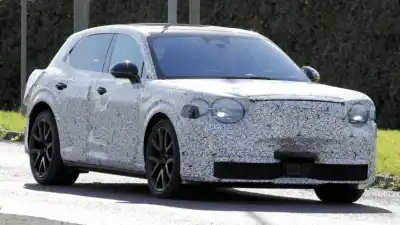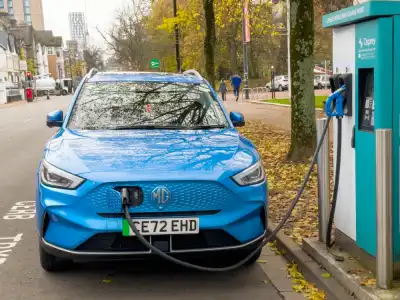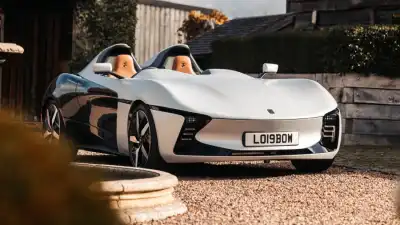
Summary
Car registration cloning occurs when criminals replicate a vehicle's number plate and attach it to a similar car, often to hide the true identity of a stolen or criminal vehicle. If your car's registration is cloned, you may first notice fines or penalties for offences you didn't commit, often from locations far from where you live. If this happens, contact the police to report the issue, collect evidence to show your car wasn't involved, and notify the authority issuing the fine. To prevent cloning, avoid posting your car's number plate online and blur it when sharing images. To avoid buying a cloned car, always purchase from reputable dealers, check the VIN on the car matches the registration, and be cautious of deals that seem too good to be true.
How do I know if my car registration has been cloned?
Every road-going car in the UK must have a number plate and this is unique to that particular vehicle and is used primarily as an identification method.
But though it might be unique to a particular car, unfortunately, there has been a rise in cloning number plates. This is where someone has replica number plates made and installed in an often-matching vehicle.
But how do you know if your car’s registration has been cloned and what can you do about it if it happens? Let’s take a look.
How does car cloning work?
There are various methods by which crooks can clone a car’s number plate, but one of the most common is for crooks to search online for similar vehicles to the one they’re hiding the identity of.
If they have a white Volkswagen Golf, for example, that they want to clone, they will often search for that car online, and look for images. If images appear of a ‘matching car’, which is ‘clean’ they will then have number plates made copying that plate, therefore fully disguising that vehicle’s identity.
It is done to hide the identity of a vehicle, often when it’s being used to commit a crime or to put on a stolen vehicle so that it adds another level of complexity to it being found.
How do I know if my car registration has been cloned?
The first immediate sign that your car’s registration has been cloned is when some kind of fine lands through the post. This is often a Notice of Intended Prosecution (NIP) when it’s been caught speeding, or another type of fine, such as running a traffic light or failing to pay the Congestion Charge, or similar.
You should always check the location of the offence, and if that doesn’t align with the part of the country you live in, or were in at the time of the offence, alarm bells should immediately be raised. For example, if you live in northern Scotland and get a NIP in from Devon, it’s an easy sign that something is not right.
Due to how cars are cloned, there’s a good chance that where the vehicle is being caught isn’t where you are based.
More alarmingly you might realise by being pulled over by the police. This is often when the vehicle has been used for more high-level crime, such as a robbery or evading the police previously. If you have receipts or other proof on you, this can help to show your car wasn’t present at the place of the offence at the time.
What can I do if my car has been cloned?
It can be a concerning time if you realise your car’s registration has been cloned, especially if it’s a high-level crime.
If you realise that your registration has been cloned, the first thing you should do is contact the police and alert them of this and the offence that has been committed. This could lead to future crimes with your vehicle not being linked by default. The police should also give you a crime reference number.
After this, you should gather as much evidence to show that the car wasn’t where the offence was committed at the time. This can include CCTV, either at home or in a work car park, or perhaps photographic evidence you might have taken. If you have any documents with you that have the car’s number plate on them and the date/time, these can be especially helpful – parking receipts being a great example.
The next step is to contact the authority or company issuing the fine or NIP to explain it wasn’t you that committed the case, and explain that your vehicle’s registration has been cloned. The crime reference number can also be given. Following this you should ask for photographic evidence from the offence. You can check this way that it’s not the exact fine (it might have different wheels, be a different colour, etc) and if the photo is clear enough, make out that the driver wasn’t you.
If problems persist, it might be worth contacting the Driver and Vehicle Licensing Authority (DVLA), which may be able to issue a new registration.
What can I do to prevent my car from being cloned?
These days, cloning cars is easier than ever as crooks don’t have to wait to see a matching car in person to be able to take the identity. Instead, many can quickly search online to see similar cars and their number plates.
If posting pictures of your car online, either on social media or when it comes to selling it, for example, it might be a good idea to blur the number plates, making it harder for criminals to see the plates of your particular vehicle.
What can I do to avoid buying a cloned car?
One of the biggest worries should be buying a cloned car. You’ve seen just how easy it is for crooks to steal the identity of a vehicle, and it can often lead to stolen vehicles being sold. If you’re found to be in possession of a stolen car with a cloned plate, even if you had no idea, it’s a serious offence and could see the police seize the vehicle and return it to the rightful owner.
To help prevent this from happening, there are some key things to look out for. Buying a vehicle from a reputable dealer is always a good step, as is being cautious of a deal that seems far too good to be true - e.g a car being listed for sale well below its real value. All of Regit's used cars come from main dealers, with a warranty included and 10 day money back guarantee - browse our selection of over 100,000 cars here.
After this, a great step is to check that your car’s vehicle identification number (VIN) on the V5C registration certificate matches the number stamped on the car. This can often be found at the bottom of the windscreen. If the numbers don’t match, or it looks like the VIN on the car has been tampered with, you should walk away from the deal.




